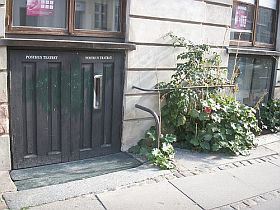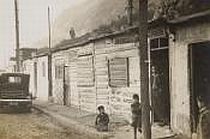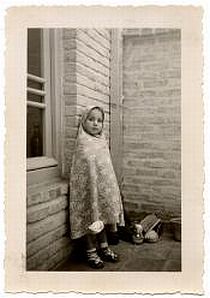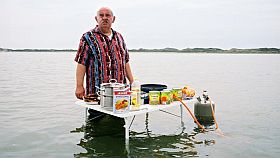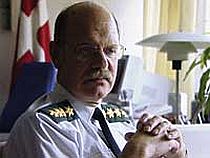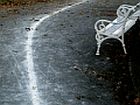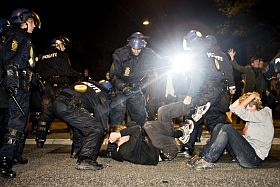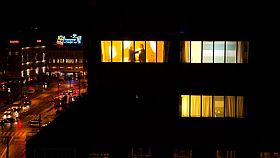FC (vi ved det er forsvarschefen) er i Polen. DC (vi ved det er departementschefen) er på pinden, ventende. Politikerne er på spring med følelsesparaderne oppe. Den inderste kreds i forsvarskommandoen er samlet, en situation er ved at komme ud af kontrol, spin-manøvren er i gang, de har FC i røret, læser forslaget til pressemeddelelse for ham. ”Uheldig..”, han retter et ord. ”Nej, ’upassende’ er det rigtige ord, fastholder Tim Sloth Jørgensen og de andre omkring bordet nikker og siger ja og bekræfter. Og Tim (som han jovialt kaldes) skærer igennem: ”Alle her synes det også. Vi skriver ’upassende’…”. Og FC bøjer sig.
FC, altså forsvarschefen Jesper Helsø er en ganske anden type leder end de tidligere og nok også end de senere. Rummelig, gammeldags moderne, ubureaukratisk, uteknokratisk, humanistisk indstillet. Filmen følger hans og medarbejdernes arbejde med at præge det kommende forsvarsforlig med værnenes egne forslag samlet i K-notatet. Dybt fortroligt. Undervejs skildrer filmen også et par episoder med ubehagelig presseopmærksomhed, som forsvarsledelsen må spinne sig ud af. Det er i 2003. Upassende, som de undskyldende på FC´s vegne skriver, har Helsø under et foredrag for de værnepligtige sagt, at han ville provokere ved at foreslå tre måneders værnepligt. Ved at køre ud i rabatten, kunne han tvinge dem, politikerne, til at forhandlingerne kom ind på midten af vejen igen. Men nu spurgte de og journalisterne, om der var flere af forsvarschefens forslag, som var provokationer.
Bonfils filmhold fik af Helsø adgang til selve situationsrummet. Jeg fandt aldrig ud af, om han mente et særligt war-room, hvor cheferne blev samlet i krisesituationer, eller om det blot var adgang til møder af den slags, som den refererede scene, som et møde med planlægning af en mulig operation i Dafur, som overværelse af træning i at blive udsat for tortur og en række flere rum, ja, nemlig situationsrum, instruktøren lister os ind i. Det observerende kamera registrerer, at sådan er der her, dette sker der. Vi forstår det umiddelbart. For vi er styret af Dola Bonfils egen personlige nysgerrighed. Hun vil præge sit værk med det signerende blik, som hun engang kaldte de gode films tydelige vinkling. Fra disse autentiske steder samler hun materialet til en samfundsbeskrivelse, som konstant har nålen inde og mærker, hvordan det er. Hendes samfundslære er ikke en oversigtlig tekst at lære til eksamen om, hvordan det bør være.
Hun har i en række film gjort det med institution efter institution, gymnasiet, politiet, sundhedsvæsnet. Dybt loyalt, vidende og gennemført skeptisk, kritisk. Nogle burde finde på at udgive dette værk samlet på dvd. Og K-notatet er så den seneste af disse samfundsskildringer inden Dola Bonfils en årrække blev optaget af at være til fingerspidserne engageret filmkonsulent på DFI. Det er hun ikke mere, nu venter jeg spændt, spændt på den næste film. Imens finder jeg alle de gamle frem og ser dem en efter en. På mandag er K-Notatet og Bonfils filmkunst emnet på min mandagshøjskole i FOF-Randers.
Dola Bonfils: K-notatet, Danmark 2004, 59 min. Manuskript: Dola Bonfils, fotografi: Henrik Bohn Ipsen, klip: David Rosenquist, lyd: Roar Skau Olsen, produktion: Claus Ladegaard. Produceret af Easy Film. Del af Magtens Billeder, 12 film på DR1, findes i samlet dvd-udgivelse, Det Dansk Filminstitut. Kan lånes på biblioteket og findes på www.filmstriben.dk



